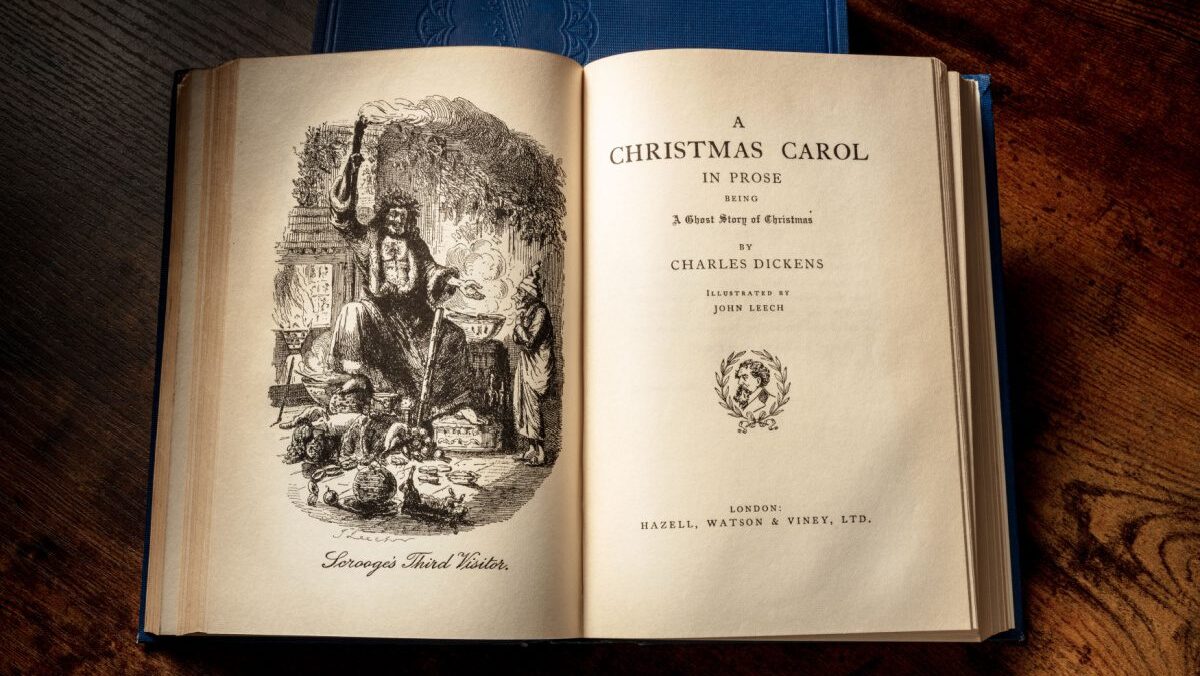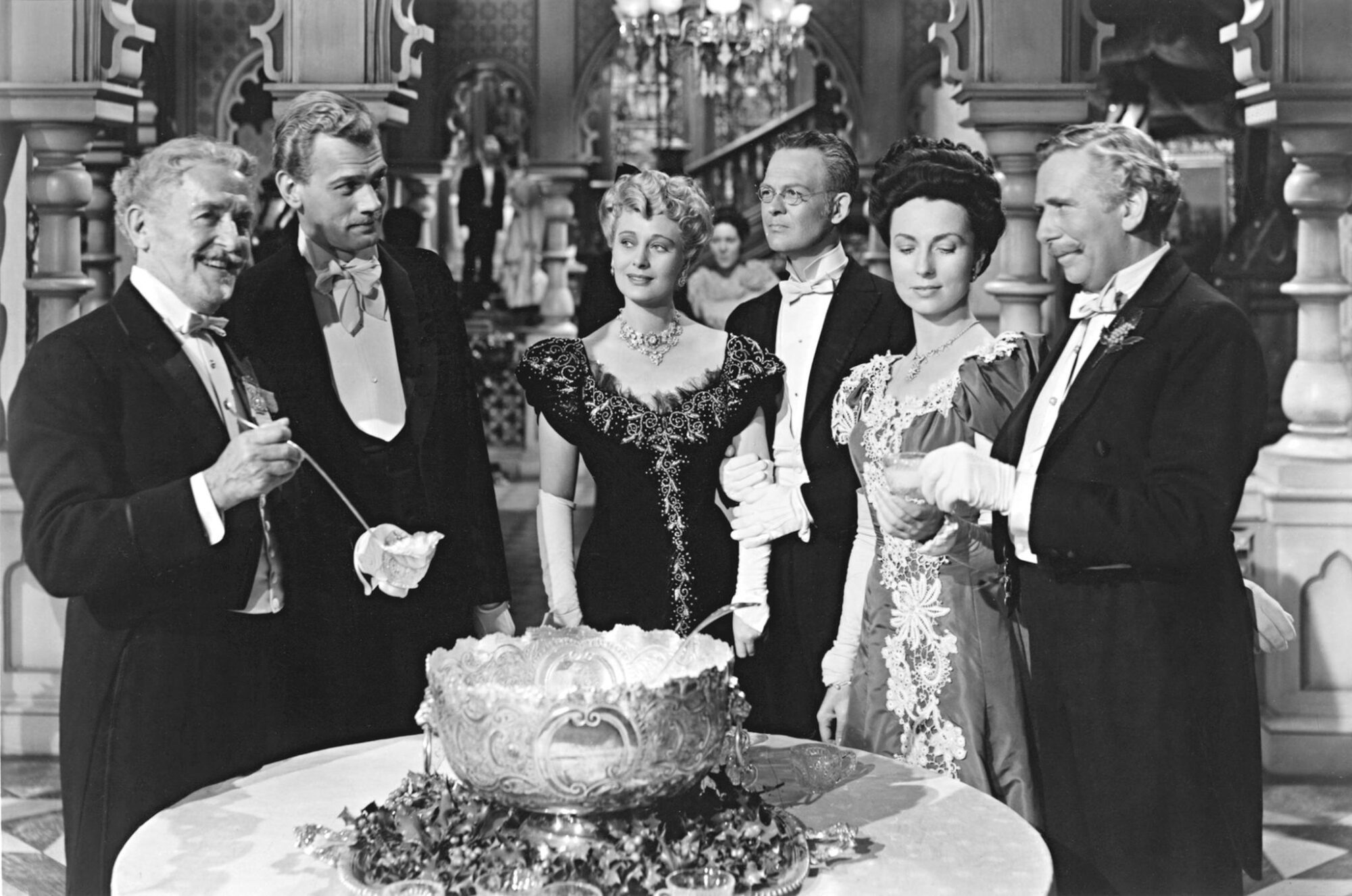
Forgotten Classics: The Banality of Evil in Austen’s Northanger Abbey
Jane Austen helps us to see that evil is a very ordinary thing.

Jane Austen helps us to see that evil is a very ordinary thing.

Sholem Aleichem’s tales of faith and parenthood remain powerful stories with relevance for raising children in our troubled age.

Now is the perfect time to approach Dickens’ classic, with its perennial themes of repentance and generosity.

This novel, inspired by the murders of Jack the Ripper, ultimately forces readers to confront the evil that exists within their own breasts.

Stories—whether of real or fictional events—hold a unique place in human life, delighting, causing wonder, captivating the imagination, purging the emotions, and even encouraging moral growth.

The future need not be bleak, as Benson’s novel reminds us.

Despite her own failings, Sophia’s grandmother offers us a model of presence and love.

The Magnificent Ambersons engages with issues of technological and social change in modernity. But it is also a very human story, focusing on a single family, detailing the lives of its members as change rocks their way of life

An honest sense of one’s own failings and shortcomings is part of what makes levity possible. One of the best books I know for inculcating humility through humor is Jerome K. Jerome’s novel, Three Men in a Boat (To Say Nothing of the Dog).

The Spear serves as a lectio divina of sorts, that is, as an opportunity to imagine oneself in the action of the Holy Scriptures.